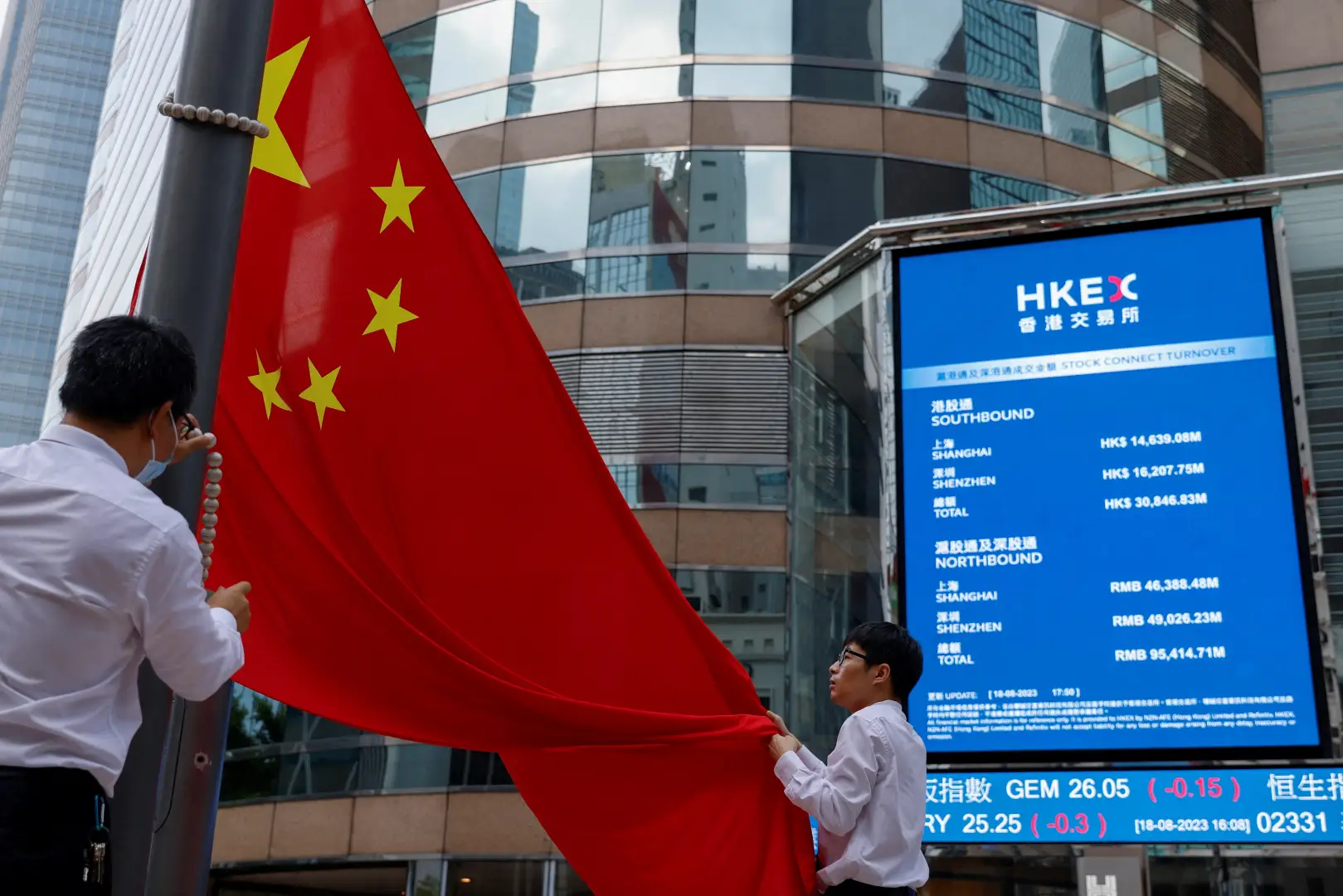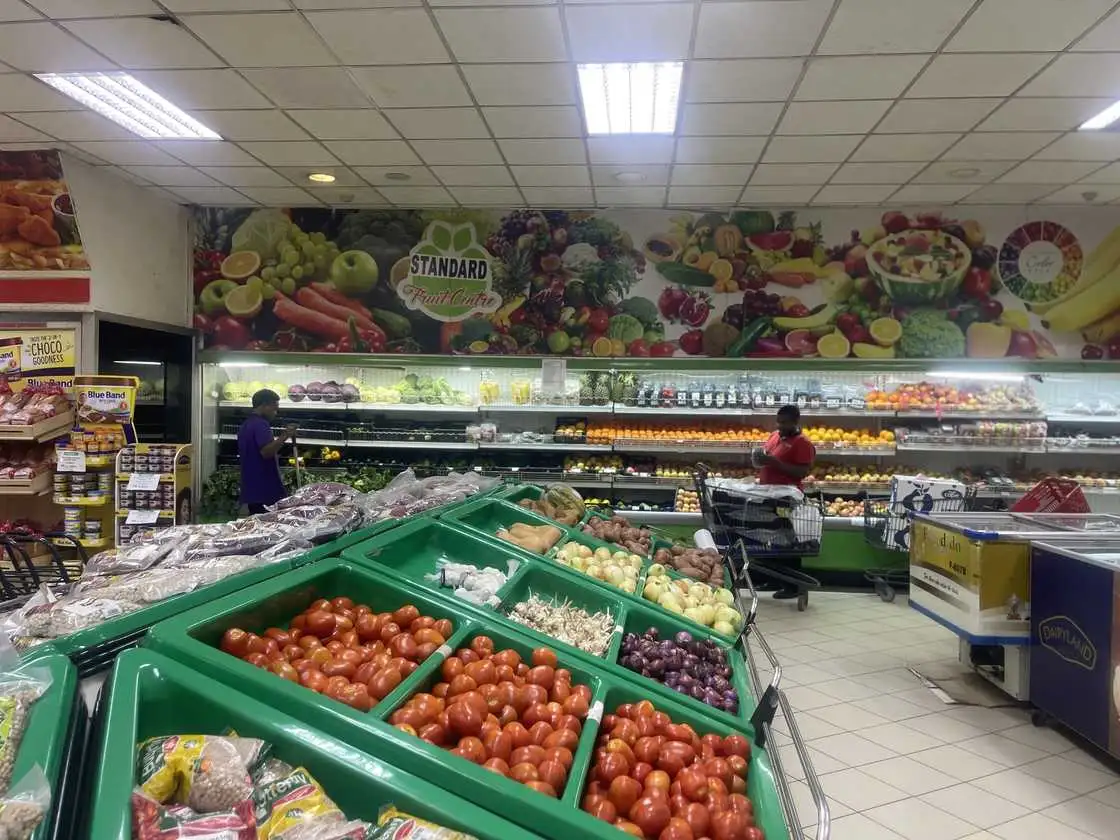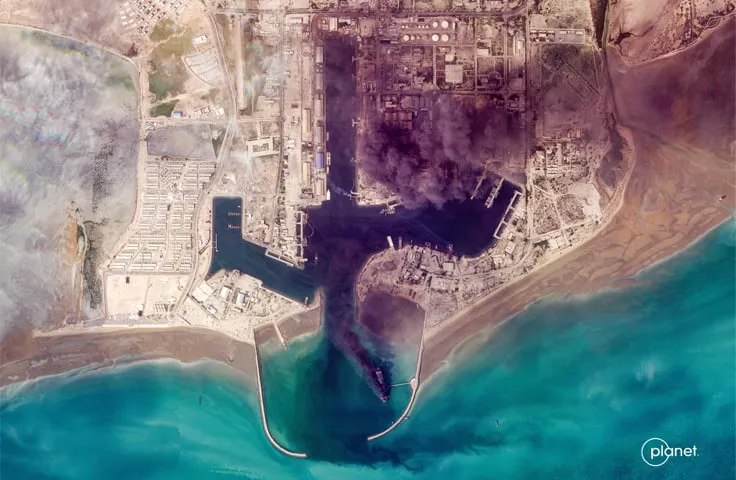A Tit-for-Tat Trade Dispute Shakes Southern Africa
Tanzania has ignited a regional economic standoff by imposing immediate bans on agricultural imports from South Africa and Malawi. The move, announced late Wednesday by Agriculture Minister Hussein Mohamed Bashe, is a direct retaliation against what Tanzania calls “hostile trade measures” imposed by its Southern African Development Community (SADC) neighbors.
The ban, effective immediately, blocks all agricultural goods from South Africa and Malawi from entering Tanzanian markets. It also halts the transit of agricultural products through Tanzanian territory to landlocked Malawi and suspends fertilizer exports to the country—a severe blow to Malawian farmers who rely heavily on Tanzanian inputs.
“This is business, and we should all respect each other,” Bashe declared in a video statement posted on X (formerly Twitter), emphasizing the government’s intent to protect local producers. The move follows the collapse of negotiations over trade restrictions imposed by Malawi on Tanzanian maize flour, rice, ginger, and bananas, and South Africa’s ban on Tanzanian banana imports.
The Spark: A Breakdown in Regional Diplomacy
The crisis stems from a tit-for-tat sequence of trade restrictions that have fractured diplomatic trust within SADC—a 16-nation bloc representing 390 million people and a combined GDP of $720 billion. Malawi’s recent import ban, enacted in March 2025, targeted key Tanzanian agricultural staples under the justification of “protecting local markets.” South Africa, meanwhile, imposed a ban on Tanzanian banana imports in February, citing phytosanitary concerns.
Tanzania demanded the removal of these restrictions by April 23. When no concessions came, the government responded decisively.
“This isn’t just about bananas or maize flour—it’s about sovereignty,” said Bashe. “We cannot allow our farmers to be sidelined in their own markets.”
Economic Fallout: Who Stands to Lose?
Malawi: A Landlocked Nation Under Siege
Malawi faces immediate and potentially devastating consequences. Already struggling with a malnutrition crisis affecting 37% of children under five, the country depends on Tanzania for roughly 40% of its fertilizer—essential for its maize-based agricultural economy. The transit ban further compounds the issue, with 25% of Malawi’s external trade passing through Tanzanian ports.
“Without Tanzanian fertilizer, our next harvest will fail,” said Grace Mwale, a smallholder farmer in Lilongwe. “My children will go hungry.”
South Africa: A Blow to Citrus and Grain Sectors
South Africa, the continent’s most industrialized economy, exported $220 million worth of citrus, grapes, and maize to Tanzania in 2024. The ban may flood South African domestic markets with surplus produce, driving down prices and hurting farmers already dealing with climate-driven challenges.
“We’re sitting on 12,000 tons of oranges with nowhere to send them,” lamented Johan van der Merwe, a fruit producer in Limpopo.
Tanzania: Short-Term Gain, Long-Term Risk
While the ban has been welcomed by Tanzanian farmers, economic analysts caution that the retaliation could backfire. South Africa is Tanzania’s second-largest source of foreign direct investment (FDI), injecting over $1.2 billion in 2024, particularly in agro-processing and logistics. Retaliatory action from South Africa could stall vital projects, including the $500 million Dar es Salaam Port expansion, partially financed by South African firms.
SADC’s Fragile Unity Tested
This trade spat lays bare the underlying weaknesses in SADC’s vision of regional integration. Since the SADC Free Trade Area (FTA) was ratified in 2008, member states have pledged to eliminate 85% of tariffs. Yet, non-tariff barriers—such as arbitrary bans and technical restrictions—have proliferated.
As a result, intra-SADC trade remains stagnant at just 22% of total trade, a far cry from the European Union’s 60%.
“This is a betrayal of the SADC spirit,” said Dr. Nomathemba Mhlanga, a trade policy expert at the University of Pretoria. “If neighbors can’t trade food, how will we tackle larger challenges like climate change or industrialization?”
Historical Context: Echoes of Past Trade Wars
Southern Africa has seen similar episodes before. In 2019, Zambia banned Tanzanian milk imports, triggering a long diplomatic standoff. Zimbabwe’s 2022 restrictions on South African poultry exports provoked retaliatory tariffs, costing both nations over $150 million in trade losses.
Tanzania’s current hardline stance recalls its 2020 ban on Kenyan tourism vehicles, which was only lifted after sustained pressure from the East African Community (EAC). However, with SADC lacking a robust enforcement mechanism, any resolution will likely rely on diplomatic compromise rather than institutional intervention.
Human Stories: Farmers, Traders, and Families in Limbo
- Dar es Salaam, Tanzania – Rajab Juma, a 48-year-old rice farmer, praised the ban: “For years, cheap Malawian rice undercut my prices. Now I can feed my family again.”
- Blantyre, Malawi – Fatima Banda, a 34-year-old trader, stared at empty shop shelves that once held Tanzanian cooking oil. “My business is dead. How will I pay my children’s school fees?”
- Cape Town, South Africa – Thandiwe Nkosi, an exporter, fears collapse: “Tanzania was our gateway to East Africa. Now, $300,000 in contracts are frozen.”
The Fertilizer Factor: A Silent Crisis for Malawi
Tanzania’s fertilizer ban directly endangers Malawi’s flagship Affordable Inputs Program (AIP), which supplies subsidized fertilizer to 2.5 million smallholder households. Roughly 60% of this fertilizer comes from Tanzania.
“Without imports, we face a 40% drop in maize production,” warned Malawian Agriculture Minister Sam Kawale in a leaked internal memo. According to UN projections, up to 1.8 million Malawians could face acute hunger by the end of 2025 if the crisis continues.
Global Implications: A Threat to African Integration
The unfolding trade dispute poses a significant threat to the African Continental Free Trade Area (AfCFTA), the continent’s bold initiative to unite 54 nations into a $3.4 trillion single market.
“Tanzania’s actions, while domestically justified, highlight the fragility of regional solidarity,” said Wamkele Mene, Secretary-General of the AfCFTA Secretariat. “AfCFTA cannot succeed if SADC fails. We urge dialogue before this escalates further.”
Pathways to Resolution: Mediation or Militancy?
SADC Executive Secretary Elias Magosi has called for an emergency summit on May 5, emphasizing the need for diplomacy over confrontation. Possible pathways include:
- A Tripartite Committee – Technical teams from Tanzania, Malawi, and South Africa to address sanitary concerns and negotiate fair trade access.
- Compensation Fund – A SADC-backed mechanism to support farmers economically harmed by the bans.
- Legal Action – Tanzania may challenge the restrictions under SADC’s Trade Protocol, although legal proceedings could stretch over several years.
Conclusion: A Pivotal Moment for Southern Africa
This is more than a trade war—it is a defining test for regional cooperation, food security, and economic diplomacy in Southern Africa. For Tanzanian farmer Rajab Juma, it’s about survival. For Malawian mother Grace Mwale, it’s about hunger. And for SADC, it is a reckoning with whether African unity can triumph over national rivalries.
“We’re not just trading goods—we’re trading trust,” said Dr. Mhlanga. “Without it, the dream of a prosperous Africa remains out of reach.”
Ready to take your career to the next level? Join our dynamic courses: ACCA, HESI A2, ATI TEAS 7 , HESI EXIT , NCLEX – RN and NCLEX – PN, Financial Literacy!🌟 Dive into a world of opportunities and empower yourself for success. Explore more at Serrari Ed and start your exciting journey today! ✨
Photo source: Google
By: Montel Kamau
Serrari Financial Analyst
25th April, 2025
Article, Financial and News Disclaimer
The Value of a Financial Advisor
While this article offers valuable insights, it is essential to recognize that personal finance can be highly complex and unique to each individual. A financial advisor provides professional expertise and personalized guidance to help you make well-informed decisions tailored to your specific circumstances and goals.
Beyond offering knowledge, a financial advisor serves as a trusted partner to help you stay disciplined, avoid common pitfalls, and remain focused on your long-term objectives. Their perspective and experience can complement your own efforts, enhancing your financial well-being and ensuring a more confident approach to managing your finances.
Disclaimer: This article is for informational purposes only and does not constitute financial advice. Readers are encouraged to consult a licensed financial advisor to obtain guidance specific to their financial situation.
Article and News Disclaimer
The information provided on www.serrarigroup.com is for general informational purposes only. While we strive to keep the information up to date and accurate, we make no representations or warranties of any kind, express or implied, about the completeness, accuracy, reliability, suitability, or availability with respect to the website or the information, products, services, or related graphics contained on the website for any purpose. Any reliance you place on such information is therefore strictly at your own risk.
www.serrarigroup.com is not responsible for any errors or omissions, or for the results obtained from the use of this information. All information on the website is provided on an as-is basis, with no guarantee of completeness, accuracy, timeliness, or of the results obtained from the use of this information, and without warranty of any kind, express or implied, including but not limited to warranties of performance, merchantability, and fitness for a particular purpose.
In no event will www.serrarigroup.com be liable to you or anyone else for any decision made or action taken in reliance on the information provided on the website or for any consequential, special, or similar damages, even if advised of the possibility of such damages.
The articles, news, and information presented on www.serrarigroup.com reflect the opinions of the respective authors and contributors and do not necessarily represent the views of the website or its management. Any views or opinions expressed are solely those of the individual authors and do not represent the website's views or opinions as a whole.
The content on www.serrarigroup.com may include links to external websites, which are provided for convenience and informational purposes only. We have no control over the nature, content, and availability of those sites. The inclusion of any links does not necessarily imply a recommendation or endorsement of the views expressed within them.
Every effort is made to keep the website up and running smoothly. However, www.serrarigroup.com takes no responsibility for, and will not be liable for, the website being temporarily unavailable due to technical issues beyond our control.
Please note that laws, regulations, and information can change rapidly, and we advise you to conduct further research and seek professional advice when necessary.
By using www.serrarigroup.com, you agree to this disclaimer and its terms. If you do not agree with this disclaimer, please do not use the website.
www.serrarigroup.com, reserves the right to update, modify, or remove any part of this disclaimer without prior notice. It is your responsibility to review this disclaimer periodically for changes.
Serrari Group 2025
















